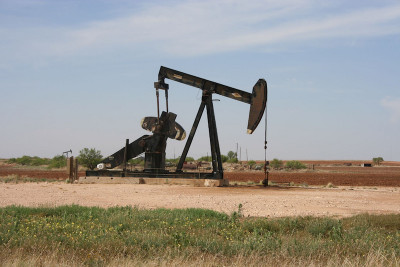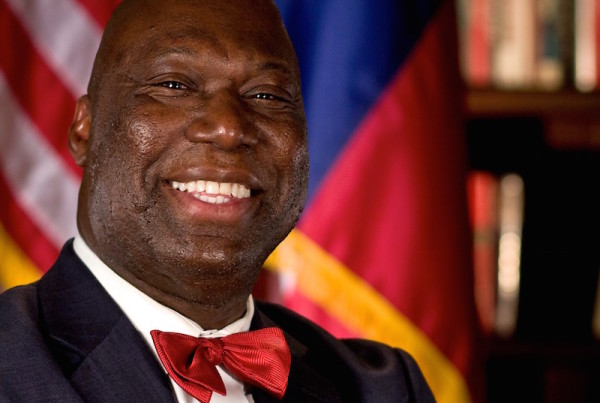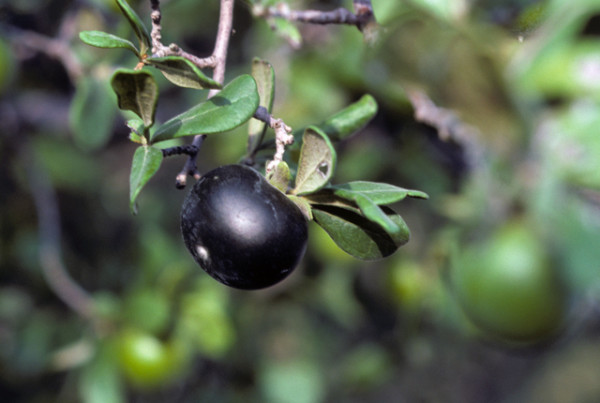You may have seen the photos, or lived through it yourself: the long lines of cars – Ford Pintos and Volkswagens – wrapping around gas stations in the 70s, all waiting in line to fill up their tanks. This shortage of gasoline was part of the reason the U.S. created a ban on exporting crude oil.
Loren Steffy, energy writer for Texas Monthly, says during that time there was an extreme shortage of supply.
“Quite frankly, it scared the country,” he says. “We began to really question energy as a national security issue and there was a concern that if that supply were ever cut off we would be vulnerable.”
Now, four decades later, the U.S. could be on the verge of ending the oil export embargo, which would be big news in Texas.
The move is part of a deal Congressional leaders announced yesterday on spending and tax legislation. The House and Senate still have to pass it, and the president has to sign it into law. But what happened yesterday was a step forward in the process. Congressional leaders came to an agreement on the new budget proposal.
“The deal, as it relates to oil exports, would basically lift the 40-year ban on exports,”Steffy says, “and allow U.S. producers to sell unrefined crude oil pretty much anywhere in the world where they could find a market for it.”
Texas consumers won’t see the effects until much later, if at all, Steffy says. The deal mainly benefits crude oil producers. “It allows them to get a slightly higher price for their oil,” Steffy says.
Even so, the lift on the ban would have been more beneficial two years ago when politicians and oil producers first started pushing for the legislation, Steffy says. That’s because oil prices have fallen drastically and the disparity between domestic crude prices and international crude prices have narrowed to the point that it doesn’t make that much difference.
“There’s so much oil in the world,” Steffy says, “it’s not clear that U.S. producers are gonna have any more markets to sell it in than they do now.”
Listen to the full interview in the audio player above.















